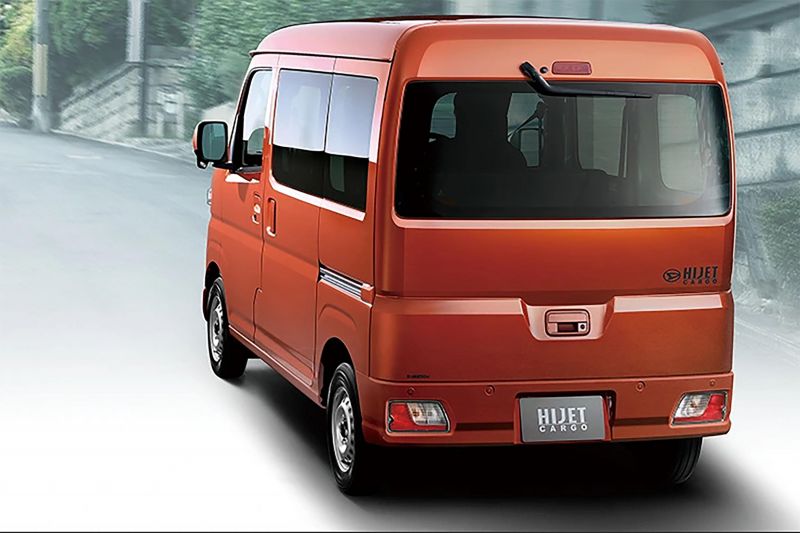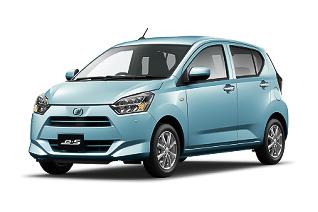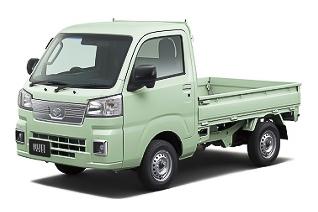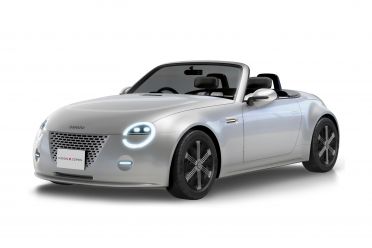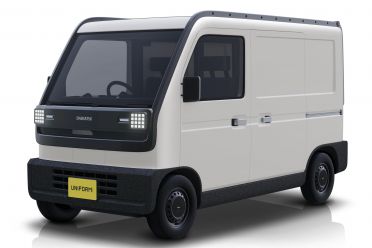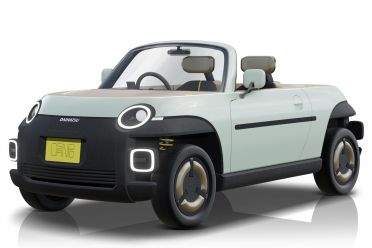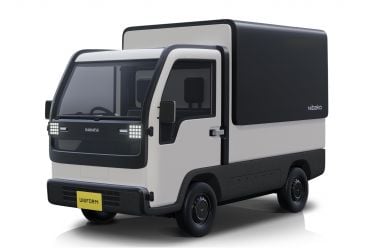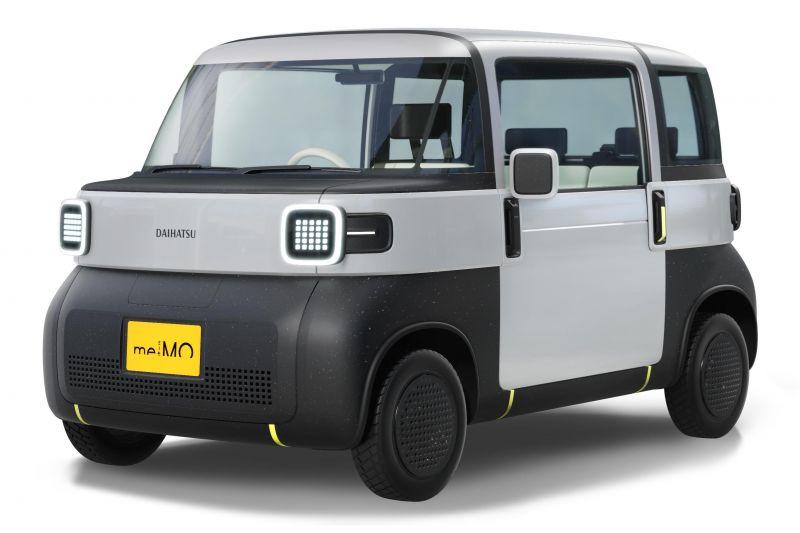Japanese small car specialist Daihatsu, a subsidiary of Toyota, has had its production lines screech to a halt amidst a government investigation into decades of falsified safety results.
According to a new report by ABC News, the Japanese brand has shut down production at all four of its factories after admitting to improper testing of 64 models, with some cases dating back over 30 years.
Daihatsu has also suspended all vehicle shipments within the domestic market as well as exports outside of Japan.
These closures are expected to have a significant effect on Japan’s economy, with ABC News quoting market research by Teikoku Databank that says Daihatsu’s factory supply chains include 8136 companies across Japan with sales totalling 2.2 trillion yen ($22.6 billion).
It’s reported the improper testing and data falsification affects some 64 models and three different vehicle engines, including 22 models and one engine sold by the Toyota brand. Some Mazda and Subaru models in Japan are also affected, as well as Daihatsu and Toyota export models.
ABC News reports an internal probe by Daihatsu found 174 new cases of irregularities in safety tests and procedures across 25 testing categories, on top of already known issues. The saga started in April of this year, when the Japanese company reported improper testing of door linings, which led to reports of improper side collision testing in May.
Daihatsu’s falsification of data and unauthorised test procedures in this area have been found to date back to 1989, according to reports. Daihatsu president, Soichiro Okudaira, told Japanese media the company acknowledges the cheating on safety tests and procedures, equating the conduct to neglecting safety certification entirely.
Further, Mr Okudaira attributed the misconduct to increasing pressure on the company’s workers to meet ambitious demands and tight development deadlines, according to the ABC News report.
In a media statement, the company says: “Daihatsu deeply apologise to our customers and other stakeholders for causing great inconvenience and concern with regards to the procedural irregularities in certification application”.
“We requested that an impartial Independent Third-Party Committee fully clarify the nature of these irregularities, analyse their true causes , and recommend measures to prevent recurrence, and we have cooperated fully with the investigations. We have now received the Independent Third-Party Committee investigation report.
“We recognise the extreme gravity of these irregularities , their causes, and the recommendations to prevent their recurrence identified during the Independent Third-Party Committee’s investigations.
“We will not only review and revise certification application operations, but we will also make sweeping reforms to our corporate culture by making compliance the highest priority to prevent occurrences of similar events in the future. We will also make company-wide efforts to regain the trust of our stakeholders.”
While no longer a player in the Australian market, Daihatsu remains a significant vehicle manufacturer in Japan with popular models including its compact Hijet trucks and vans, as well as Mira passenger vehicles.
Nameplates previously sold in Australia include the Sirion and Charade hatchbacks, the Terios SUV, and the Copen sports car.
The company manufactured around 870,000 vehicles across its four plants during the 2022 fiscal year.
Daihatsu hasn’t communicated a date for the resumption of its operations, though Japanese media is reporting that production will be suspended right through January at a minimum.
It’s unclear how the recent news will affect future-facing plans, after Daihatsu revealed a range of concepts at this year’s Japan Mobility Show and also announced it would be co-developing compact electric vehicles for Toyota.
One of these concepts was the Vision Copen Concept, a teaser for what could be the next instalment of the tiny Japanese sports car once sold in Australia.
The all-electric Uniform Cargo and Truck concepts, meanwhile, likely preview future zero-emissions replacements for the existing Hijet Cargo van and Hijet Truck compact commercials. Both feature removable interior and exterior parts and an external power supply function.
Meanwhile, the Daihatsu Osanpo concept is a high-riding electric convertible described as “a luxurious vehicle to slowly enjoy the nature around you in a pleasant breeze, as if taking a walk”.
In July 2022, Toyota announced key projects to further its hydrogen fuel-cell and battery electric vehicle ranges. The latter of these focused on kei-class electric vans which would include collaboration with Daihatsu as well as Suzuki.
Originally, these vehicles were planned to become available during the 2023 Japanese financial year (April 2023 to March 2024), with the first EV vans destined for “partners in social implementation projects in Fukushima Prefecture and Tokyo”.
The partnership was said to make use of “Suzuki and Daihatsu’s know-how in manufacturing mini vehicles with Toyota’s electrification technology”. Kei-class vans account for 60 per cent of Japan’s commercial vehicle fleet, and are often used in last-mile logistics, according to the Japanese auto giant.
However, the announcement highlighted three major issues with electrifying the kei segment, including higher purchase price, costs related to building out charging infrastructure, and the inconvenience of charging downtime.
Stay tuned to CarExpert for the latest

